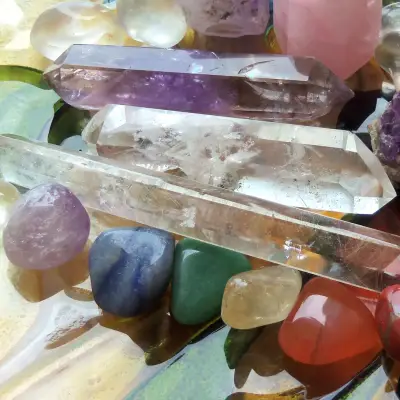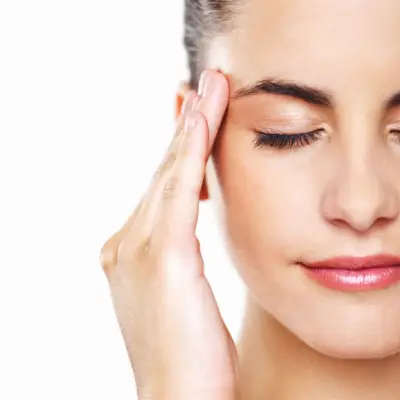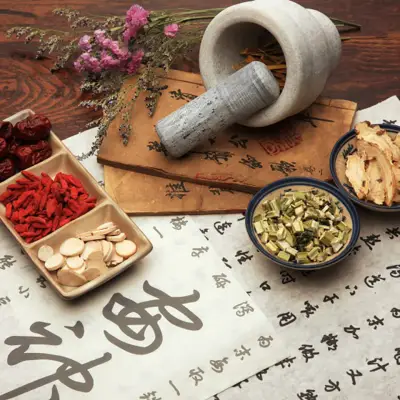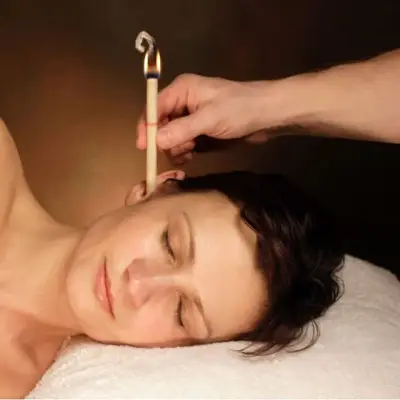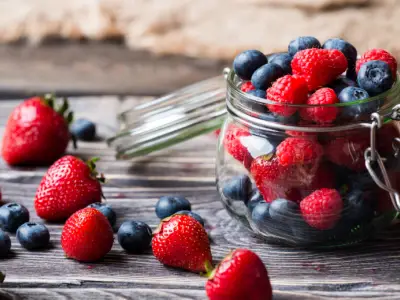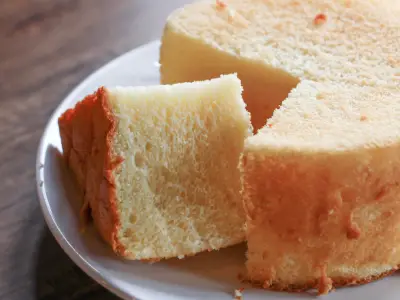If you're feeling overwhelmed by stress or struggling with low moods, you're not alone. It’s understandable to feel mentally and emotionally exhausted at times, and whether you’re looking for gentle support alongside medical treatment or prefer a natural approach, exploring herbs for depression and anxiety can be a helpful step.
This guide introduces you to some of the best-known and well-loved natural herbs for stress and anxiety, with each herb explained clearly so you can decide which ones might suit your needs best.
This article is for informational purposes only and is not a substitute for professional medical advice, diagnosis, or treatment. Always consult with your GP or a qualified healthcare professional before starting any new herbal remedies, especially if you are pregnant, breastfeeding, taking medication, or managing a health condition.
Jump to:
- What Are the Best Herbs for Anxiety and Depression?
- Ashwagandha – The Stress Soother
- St John’s Wort – Nature’s Mood Booster
- Lemon Balm – The Gentle Relaxant
- Lavender – More Than a Lovely Scent
- Rhodiola – The Emotional Energiser
- Passionflower – The Gentle Sedative
- Chamomile – The Classic Comfort
- Holy Basil (Tulsi) – The Balancer
- Valerian Root – The Deep Relaxer
- Skullcap – The Nervous System Supporter
- Ginkgo Biloba – The Cognitive Companion
- Chinese Calming Herbs – Ancient Wisdom for Modern Minds
- How to Choose the Right Herbal Remedy
- Frequently Asked Questions About Herbal Healing
- Study Our Herbalism Diploma for £29
Recommended for you!
Best SellersWhat Are the Best Herbs for Anxiety and Depression?
Herbal medicine has been used for centuries to support emotional wellbeing. Today, many people turn to herbal remedies for anxiety and depression as part of a holistic self-care routine.
These herbs work in different ways – some soothe the nervous system, others support mood-regulating chemicals in the brain. Let’s explore some of the best herbs for mental and emotional balance.
1. Ashwagandha – The Stress Soother
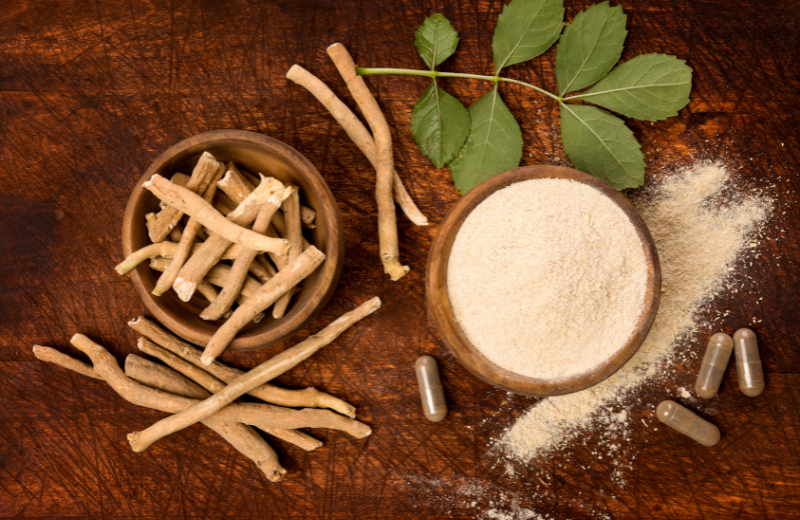
Ashwagandha is a well-known adaptogen, meaning it helps your body manage stress more effectively. It's one of the most popular natural herbs for stress and anxiety, often used to reduce cortisol levels – the hormone linked to chronic stress.
Ashwagandha is also thought to support energy levels and improve sleep, making it a solid choice if you're feeling burned out or emotionally drained.
2. St John’s Wort – Nature’s Mood Booster
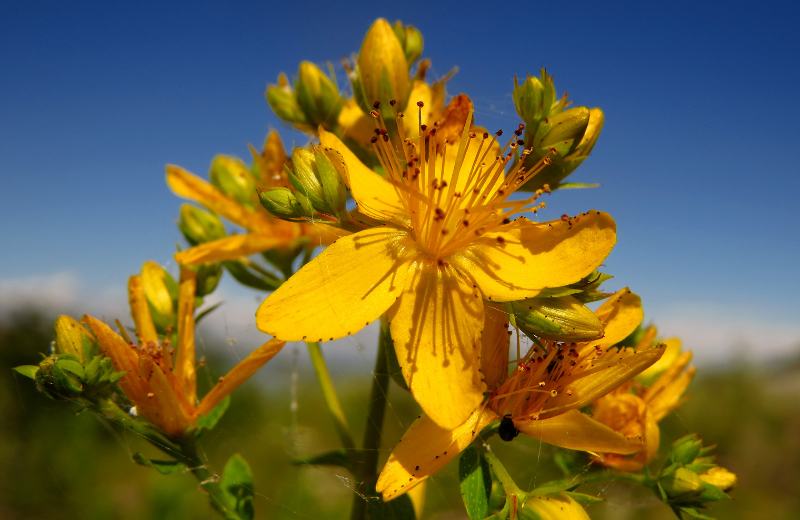
St John’s Wort is often described as one of the most effective herbs for depression. It works by increasing the availability of neurotransmitters like serotonin and dopamine, which play a key role in mood regulation.
Many people report a brighter outlook and improved emotional stability after taking it. However, it can interact with certain medications, so check with your healthcare provider before use.
3. Lemon Balm – The Gentle Relaxant
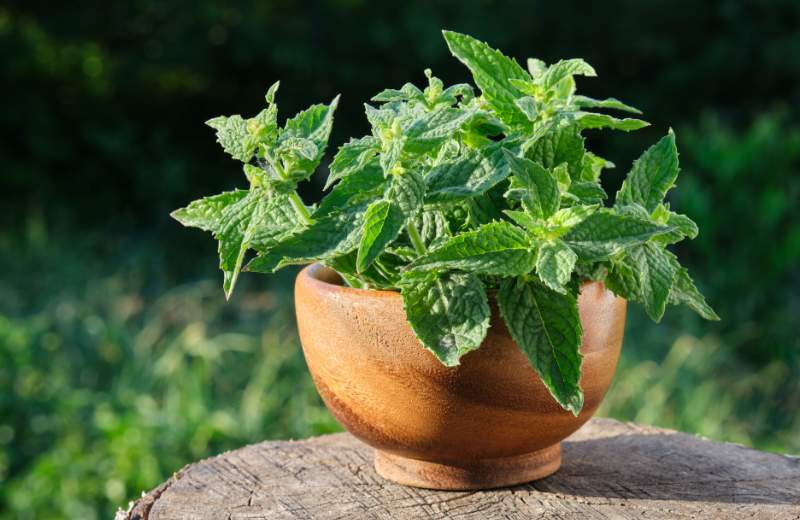
Lemon balm is a member of the mint family and offers soothing support for the nervous system. Known for its calming effects, this herb is a favourite among those looking for herbs to relax and unwind.
It may help reduce restlessness, ease nervous tension, and improve focus. Lemon balm is especially helpful if you feel mentally overactive or emotionally unsettled.
4. Lavender – More Than a Lovely Scent
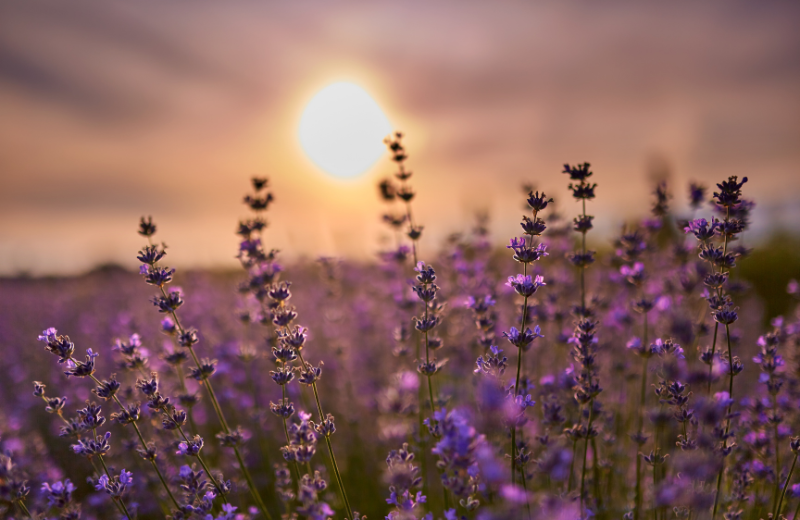
Lavender is a deeply calming herb used to reduce anxiety and support restful sleep. Whether used as a tea, essential oil, or supplement, lavender has a proven track record for helping people feel calmer and more at ease.
It’s one of the most versatile herbs for calming both body and mind, and can be especially useful in moments of emotional overwhelm.
5. Rhodiola – The Emotional Energiser
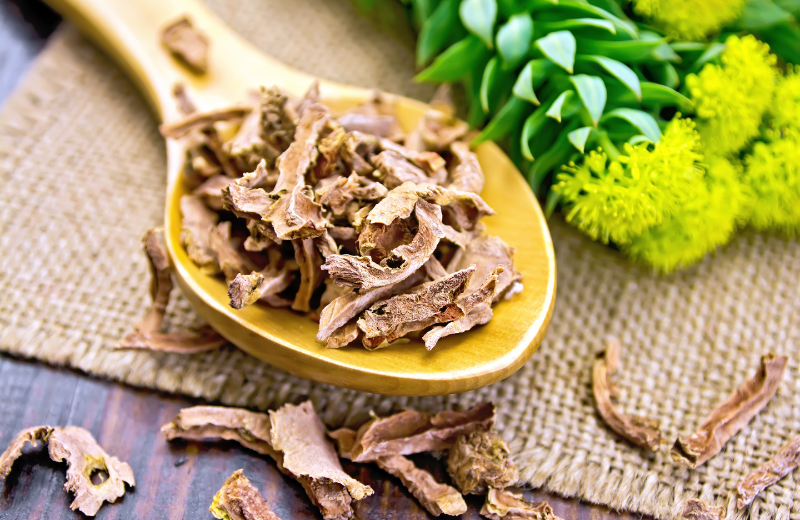
Rhodiola is another adaptogen that can help reduce fatigue, lift mood, and improve your ability to cope under pressure. It’s often used as a herbal supplement for anxiety and depression because of its ability to support brain function and mental stamina.
Rhodiola may be particularly helpful if your mood dips alongside exhaustion or low motivation.
6. Passionflower – The Gentle Sedative
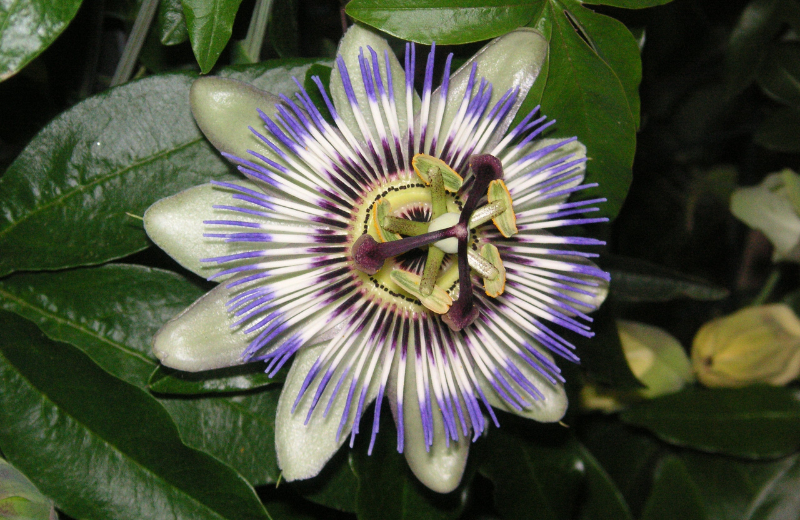
Passionflower is a soothing herbal remedy often used for anxiety, nervousness, and insomnia. It works by increasing levels of GABA in the brain, a calming chemical that helps you feel relaxed.
This makes it one of the most effective herbs for stress relief, especially if you find it hard to switch off at night or feel physically tense due to stress.
7. Chamomile – The Classic Comfort
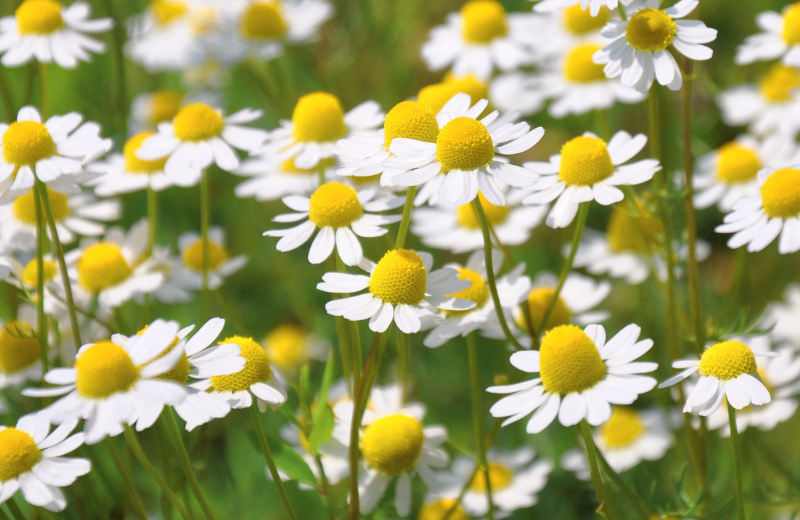
Chamomile is perhaps the most well-known herb for relaxation. It has gentle anti-anxiety properties and is often used to support digestion, ease nervous tension, and encourage sleep.
As a tea or supplement, chamomile is ideal for those seeking stress-relieving herbs that are safe, accessible, and gentle enough for regular use.
8. Holy Basil (Tulsi) – The Balancer
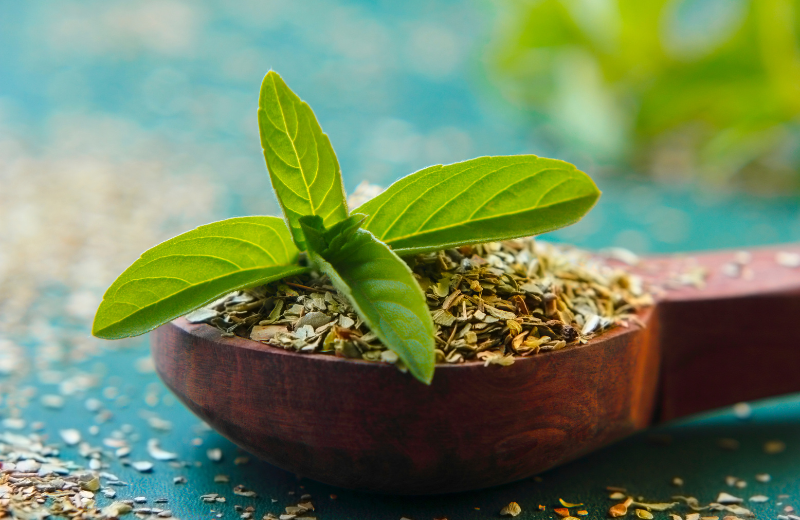
Holy Basil, also known as Tulsi, is an Ayurvedic herb believed to bring balance to the body and mind. It may help regulate cortisol levels, support immune health, and improve your response to emotional stress.
It’s one of the best herbs for stress and anxiety if you’re looking for long-term support and a clearer, calmer headspace.
9. Valerian Root – The Deep Relaxer
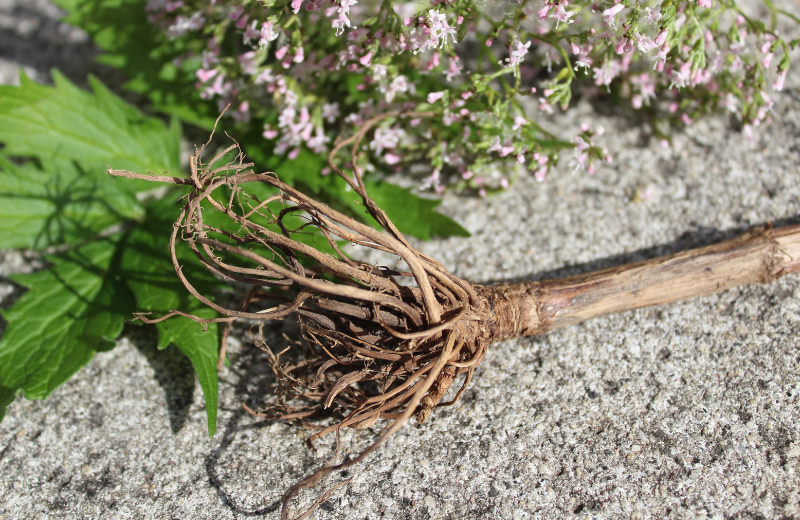
Valerian root is often used to ease anxiety and support sleep. It has a sedative effect that can help quiet a racing mind and relax the body. It’s considered one of the strongest calming herbs and is commonly used as a natural remedy for anxiety
Valerian is best taken in the evening and may be especially useful if stress is keeping you up at night.
10. Skullcap – The Nervous System Supporter
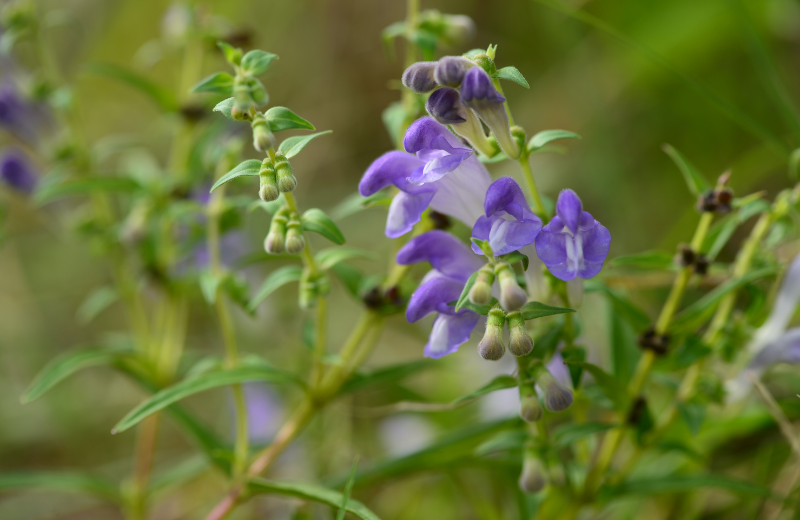
Skullcap is a traditional Western herb used to soothe the nerves and support emotional resilience. It’s a great option if you’re feeling overstimulated, anxious, or mentally worn down.
This herb helps to calm without sedating, making it suitable for use during the day. Skullcap is often recommended for those seeking long-term support through anxiety herbal treatment.
11. Ginkgo Biloba – The Cognitive Companion
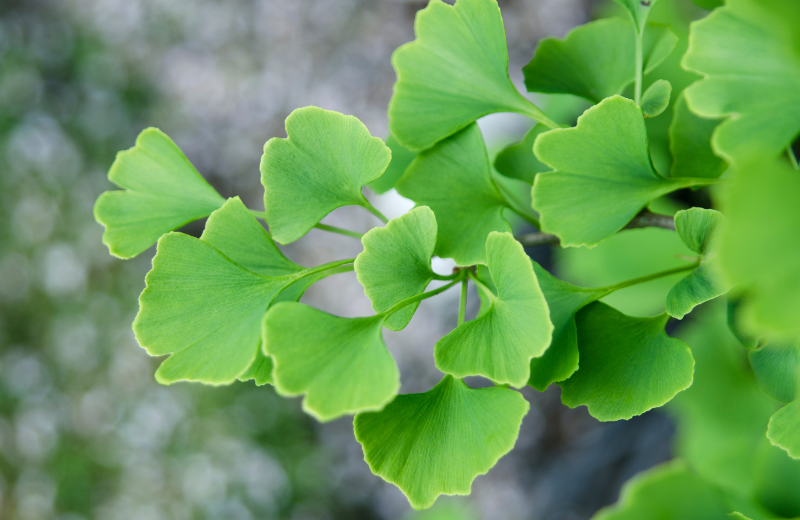
While best known for its effects on memory and concentration, Ginkgo Biloba may also support emotional wellbeing. It’s believed to improve blood flow to the brain, helping you feel more focused and clear-headed.
Some people include Ginkgo in their herbal routine to help balance mood and reduce mental fog.
12. Chinese Calming Herbs – Ancient Wisdom for Modern Minds
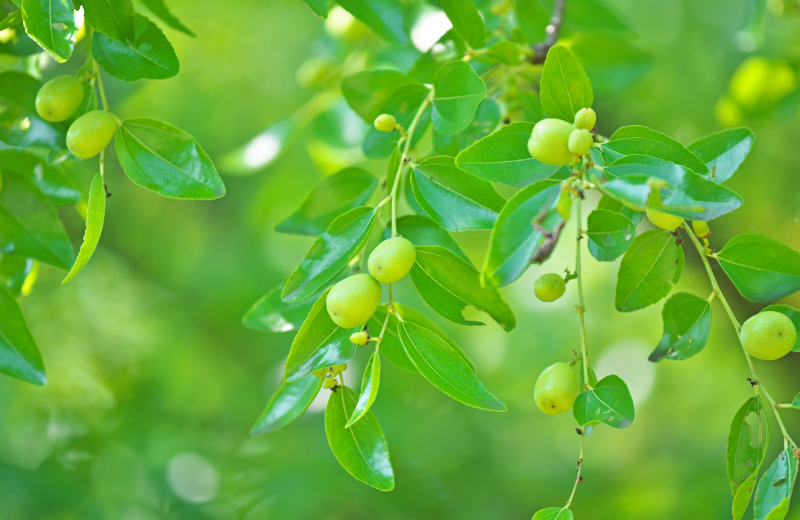
In Traditional Chinese Medicine (TCM), herbs like Suan Zao Ren (Ziziphus seed), Bai Zi Ren (biota seed), and He Huan Pi (Albizia bark) are commonly used to calm the mind and nourish the spirit. These herbs are part of a larger system of holistic medicine for depression and anxiety, often used in tailored formulas to meet individual emotional needs.
These traditional herbs can offer a gentle and deeply supportive way to restore balance, especially when used alongside other natural therapies.
How to Choose the Right Herbal Remedy
Finding the best herbs for stress and anxiety is a personal journey. Some people respond well to stimulating adaptogens like Rhodiola, while others prefer the soothing effects of passionflower or lavender. When exploring herbal remedies for anxiety, start with one or two and observe how you feel. Herbs often work best when taken consistently and combined with self-care practices like rest, exercise, and mindfulness.
If you’re taking medication or managing a health condition, speak to a healthcare practitioner or qualified herbalist before starting new herbs.
Recommended for you!
Best SellersFrequently Asked Questions About Herbal Healing
Are herbal remedies safe to take with prescription medication?
Some herbs can interact with prescription medications, especially those that affect mood, blood pressure, or hormones. For example, St John’s Wort can interfere with antidepressants, birth control pills, and blood thinners. It's important to speak with a qualified healthcare provider or herbalist before combining herbal remedies with any prescribed treatments.
How long do herbs take to work for anxiety and depression?
The effects of herbal remedies can vary depending on the herb, the person, and the method of use. Some herbs, like passionflower or lavender, may have noticeable calming effects within hours. Others, such as ashwagandha or holy basil, often need to be taken consistently for several weeks before their full benefits are felt. Patience and consistency are key when using herbs for mental wellbeing.
Can I take more than one herb at the same time?
Many herbs can be combined for a synergistic effect, but it’s important to understand how they interact. Some blends are designed specifically to target both stress and mood support. If you're new to herbal remedies, it’s often best to start with one herb to monitor how your body responds, then gradually introduce another if needed. A herbalist can help you create a tailored blend that suits your needs.
Are there any side effects of using herbs for anxiety and depression?
While herbs are natural, they can still cause side effects in some individuals. For example, valerian may cause drowsiness, vivid dreams, or digestive discomfort in some users. Rhodiola may be too stimulating for people with anxiety that includes restlessness or heart palpitations. Always begin with a small dose and monitor how you feel, especially if you’re using herbs that affect the nervous system.
What’s the best way to take these herbs – tea, tincture, or capsule?
This depends on your preference and lifestyle. Teas are ideal for gentle daily support and also add a comforting ritual to your routine. Tinctures (liquid extracts) are more concentrated and absorbed quickly, while capsules are convenient and great for consistent dosing. Some people combine methods – for instance, using tea in the evening and capsules during the day. Choose what fits best with your routine and needs.
Can children or teenagers use herbs for anxiety?
Some calming herbs like chamomile and lemon balm are generally considered safe for children and teens, but dosage is important. Always consult a qualified herbal practitioner or healthcare provider before giving herbal remedies to younger people. Their bodies respond differently to herbs, and professional guidance ensures safety and effectiveness.
Do I need to take herbs every day?
That depends on the herb and your specific situation. Some herbs, like ashwagandha or holy basil, are most effective when taken regularly over time. Others, such as passionflower or valerian, can be used as needed to ease symptoms during particularly stressful moments. A personalised approach usually works best, and a herbalist can guide you on how to build a routine that supports your emotional health.
Can herbs completely replace antidepressants or anti-anxiety medication?
For some people with mild symptoms, herbs can offer enough support to manage their mood naturally. However, they are not a direct substitute for prescribed medication, especially in cases of moderate to severe depression or anxiety. If you're considering transitioning from medication to herbal support, always do so under the supervision of a healthcare provider. Herbal remedies can be a supportive part of a broader mental health plan.
Does Magnesium Really Help With Anxiety?
Magnesium plays an essential role in regulating mood and calming the nervous system. While not a herb, magnesium is often included in anxiety herbal medication due to its soothing effects. It helps reduce muscle tension, supports better sleep, and may lessen the physical symptoms of stress.
Study Our Herbalism Diploma for £29
If you’re feeling inspired to explore the healing power of herbs in more depth, why not take the next step in your learning journey?
Centre of Excellence offers a Master Herbalist Diploma Course, designed for people of all levels – whether you’re completely new to herbal medicine or looking to deepen your knowledge. The course covers everything from herb identification and preparation to building herbal blends for specific emotional and physical needs. Follow the link to access the course for just £29!

